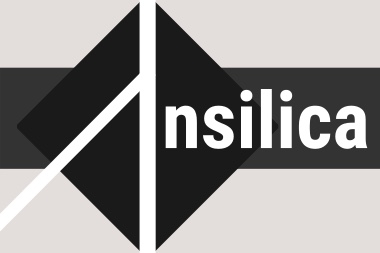|
November ASCCT-ESTIV Webinar: The Role of Mixtures for Effect-based Trigger Values in Water Quality Assessment
Tuesday, November 14, 2023, 10:00 AM - 11:00 AM EDT
Category: Webinar
The role of mixtures for effect-based trigger values in water quality assessmentRegistration is open!Presenter: Beate Escher, PhD, Department Cell Toxicology, Helmholtz Centre for Environmental Research – UFZ, Leipzig, Germany
Please see below for our presenters' abstracts. Recordings and other materials from this webinar will be posted on the ASCCT webinar archive shortly after the webinar's close. For more information on ESTIV, please visit www.estiv.org.
The role of mixtures for effect-based trigger values in water quality assessment Beate Escher, PhD Bioanalytical tools have been applied for monitoring of water quality worldwide for several decades. Most research has focused on surface waters and domestic and industrial wastewaters. In recent years, screening of wastewater and advanced water treatment processes, disinfected drinking water and recreational waters have emerged. Cell-based assays can either assess general cytotoxicity or target a specific mode of toxic action or a defined step of the toxicity pathway. Comprehensive risk assessment thus requires a battery of bioassays to cover a range of MOAs and/or toxicity pathways relevant for the water sample to be tested. Cell-based bioassays have been used for benchmarking drinking and surface water quality as well as assessing treatment efficacy of wastewater and advanced water treatment. Many in vitro bioassays are highly sensitive, so an effect in a bioassay does not necessarily indicate poor chemical water quality. Consequently, effect-based trigger values (EBTs) have been introduced to differentiate between acceptable and unacceptable chemical water quality and are required for the wider acceptance of EBM by the water sector and regulatory bodies. EBTs have been derived for both drinking water and surface water to protect human- and ecological health, respectively, and are available for assays indicative of specific receptor-mediated effects, as well as assays indicative of adaptive stress responses, apical effects and receptor-mediated effects triggered by many chemicals. A lack of trigger values and interpretation guidelines have hampered greater adoption of bioanalytical tools for (regulatory) monitoring applications. In this webinar I plan to give an overview on the derivation of effect-based trigger (EBT) values for human health (drinking water) and the environment (surface water). These EBT are designed to be protective for mixture effects stemming from chemical cocktails in water.
|

 Prev Month
Prev Month View Month
View Month Search
Search Go to Month
Go to Month Next Month
Next Month Export Event
Export Event 




